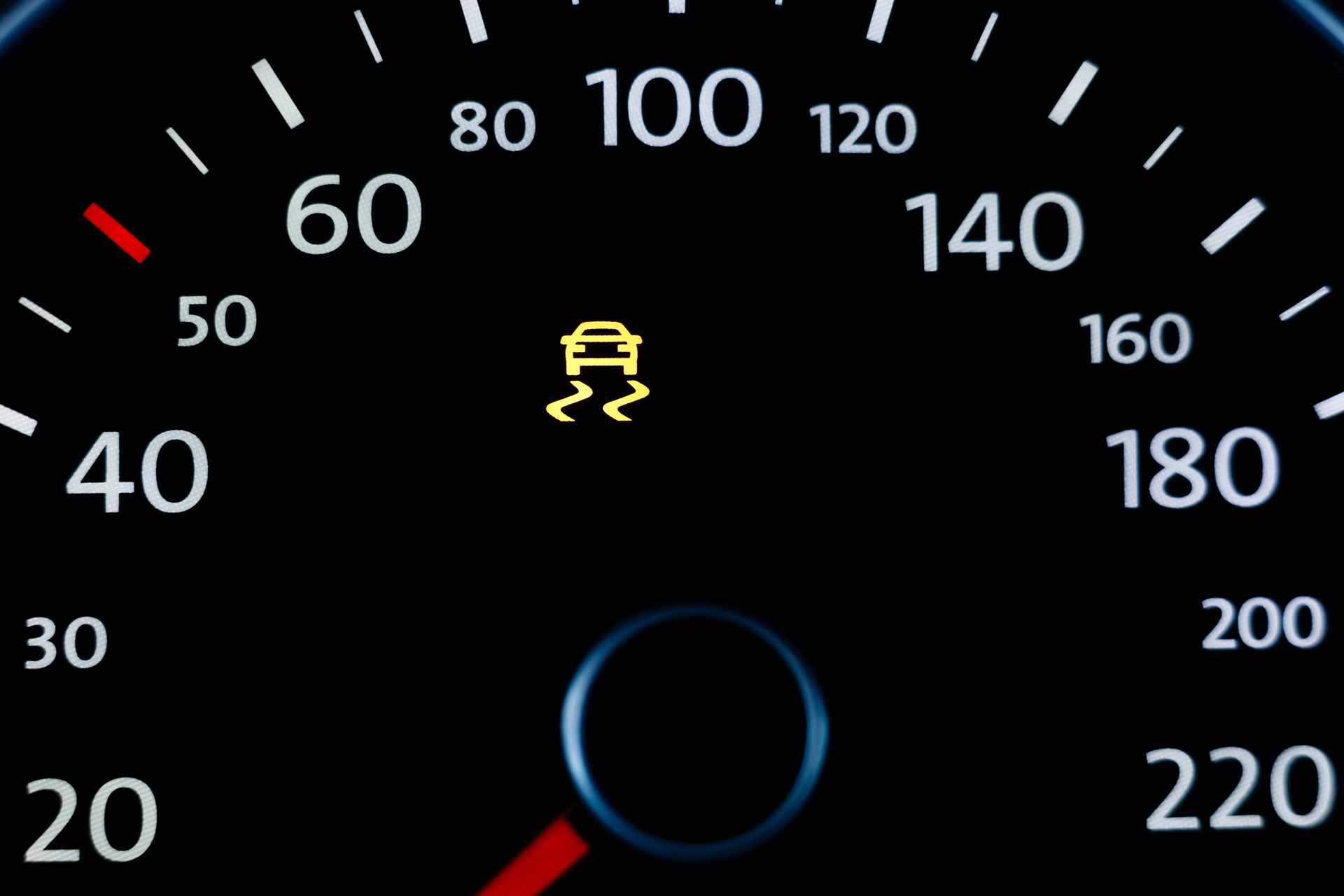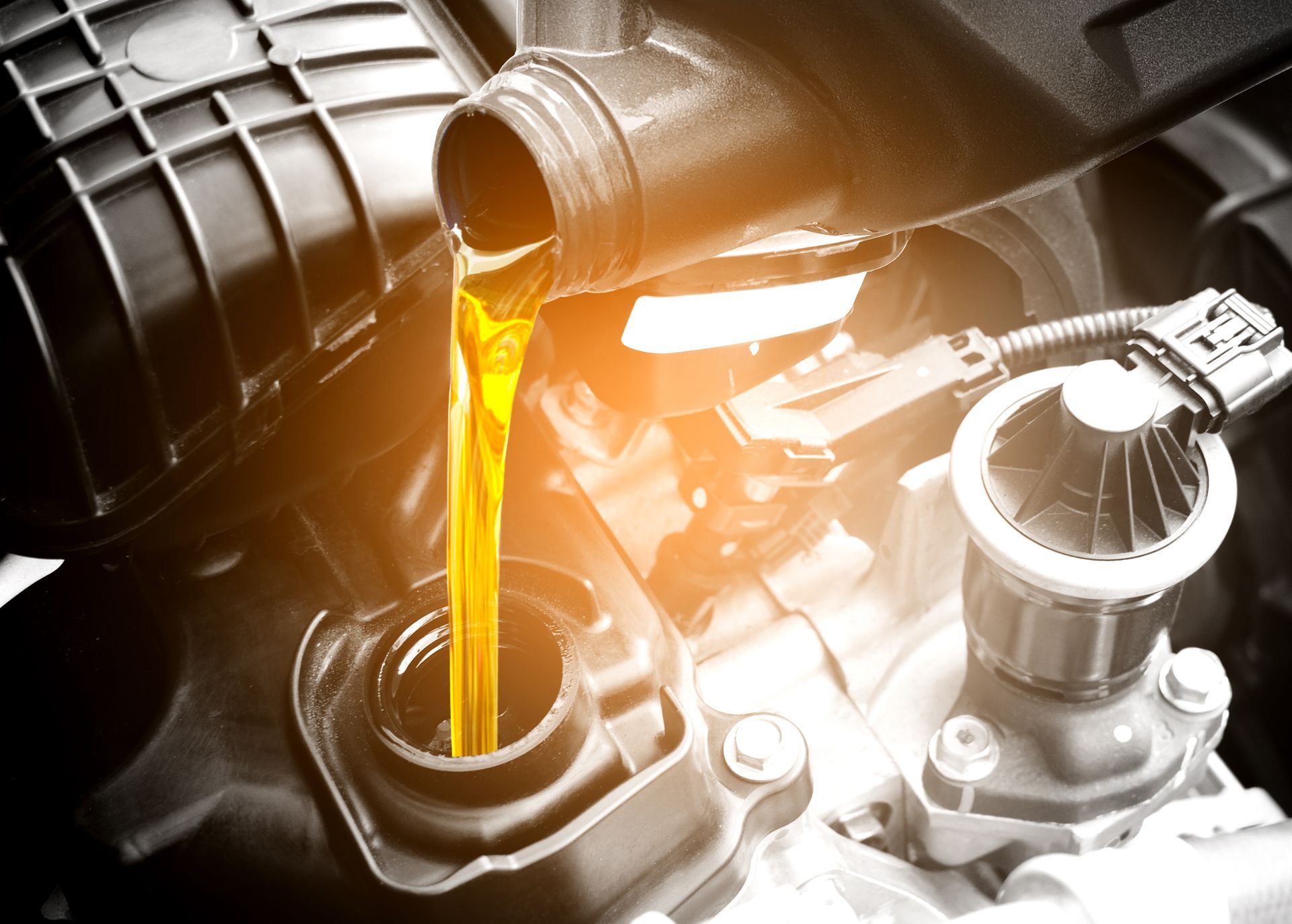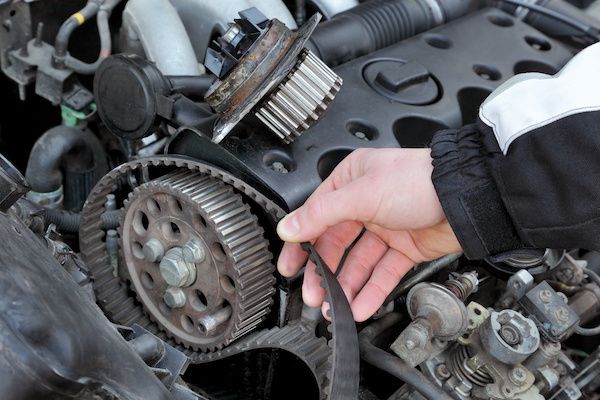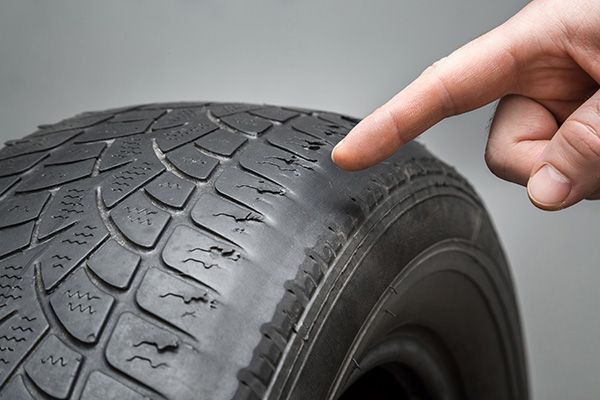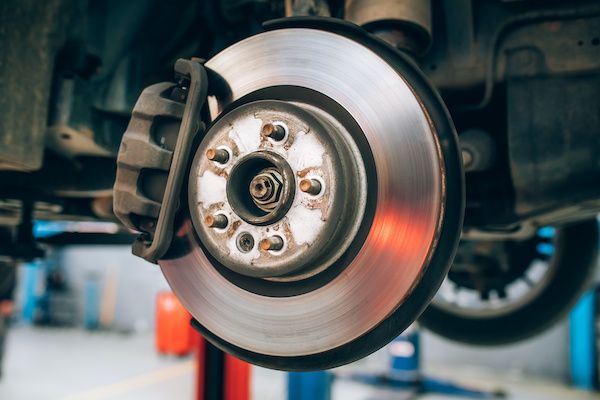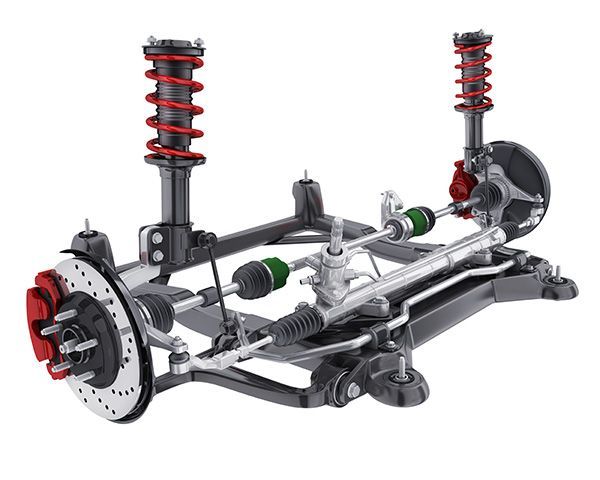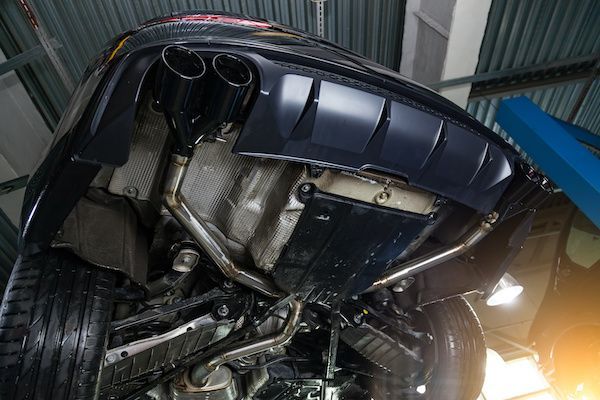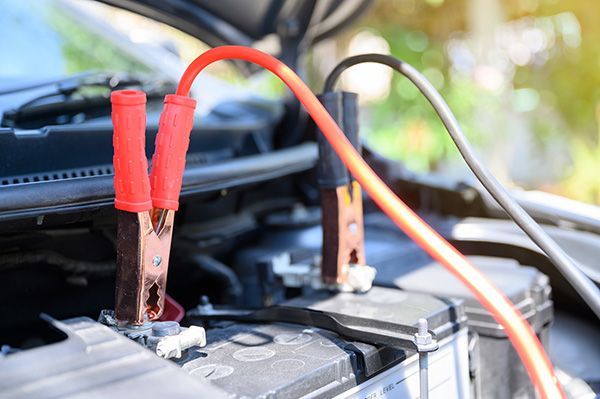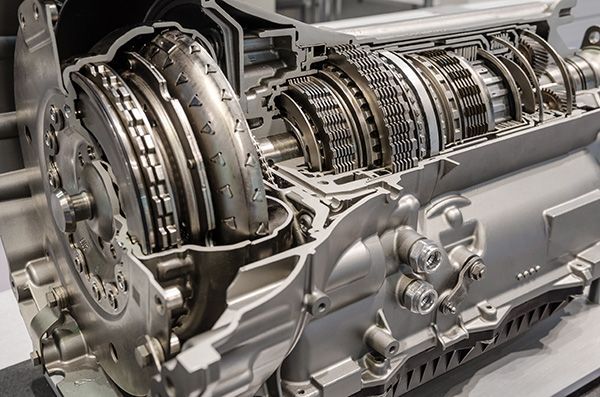
When your automatic transmission starts acting up, it’s hard to ignore. Whether it’s jerking between gears, delaying shifts, or downshifting unexpectedly, erratic shifting is a clear sign that something’s wrong. Left unaddressed, these problems will worsen quickly, leading to expensive repairs and eventually leaving you stranded.
If you’ve noticed rough or inconsistent shifting, here’s what might be going on and why timely service matters.
Low or Contaminated Transmission Fluid
The first thing to check is the transmission fluid. This fluid lubricates, cools, and enables proper hydraulic pressure within the transmission. If levels are low or if the fluid is dirty or burned, the transmission may not operate smoothly. You might feel it slipping between gears, shifting too late, or making strange noises.
Regular fluid checks and flushes are essential. In many cases, simply replacing old fluid can restore smoother operation, especially if no internal damage has occurred yet.
Failing Transmission Solenoids
Solenoids are tiny valves that control the flow of fluid inside the transmission. They respond to electronic signals from your vehicle’s computer to direct fluid where it’s needed for gear changes. If one or more solenoids fail or become clogged, shifts may become delayed, rough, or unpredictable.
Solenoid issues may also trigger a check engine light. Diagnostics can often identify which solenoid is causing the problem, allowing for a targeted repair rather than a full transmission replacement.
Sensor Problems
Modern automatic transmissions rely on several sensors to determine shift timing, including throttle position sensors, speed sensors, and temperature sensors for the transmission fluid. If one of these sensors fails or gives incorrect readings, the vehicle’s control module may misjudge when to shift.
Sometimes, sensor issues create intermittent problems that are hard to replicate. A scan tool can help pinpoint faulty components, especially if trouble codes are stored in the vehicle’s computer.
Worn or Damaged Internal Components
If your vehicle has high mileage or has been driven hard, internal parts like clutch packs, bands, and valve body components may be wearing out. These parts help transfer power and manage shift timing. As they degrade, you might experience erratic or harsh shifts, grinding, or slipping between gears.
Unlike external issues, internal wear usually requires more in-depth inspection. In some cases, a full rebuild or replacement may be necessary to restore performance.
Torque Converter Issues
The torque converter connects the engine to the transmission, helping to transfer power through fluid pressure. When it fails, it can cause problems such as shuddering at low speeds, delayed acceleration, or difficulty maintaining gear.
These symptoms are often mistaken for engine problems, but a failing torque converter will affect shifting as well. Diagnosing torque converter issues usually requires professional inspection and testing.
Software and Electronic Malfunctions
As transmissions become increasingly computer-controlled, software plays a larger role in influencing behavior. Corrupted data, outdated firmware, or electrical interference can all lead to erratic shifting. In some cases, reprogramming or updating the transmission control module can resolve the issue.
It’s also possible for damaged wiring or poor connections to disrupt signals between sensors and the control unit, creating false readings and unexpected behavior.
What to Do if Your Car Starts Shifting Erratically
Erratic shifting is a warning. Ignoring it could lead to further damage and a much higher repair bill down the line. If your transmission is acting up, try to note the conditions when it happens (speed, gear, engine temperature), and avoid heavy acceleration until it’s been checked.
Avoid driving too long with a shifting issue. Some problems can be fixed easily if caught early, but prolonged use with failing parts can turn a small repair into a complete transmission overhaul.
Auto Clinic Care – Your Transmission Specialists in Rockville, MD
At Auto Clinic Care, we help drivers in Rockville stay on top of transmission problems before they turn serious. If your automatic transmission is shifting erratically or showing signs of wear, we’ll perform a thorough inspection and provide clear, honest recommendations for repair.
Don’t wait until it’s too late, and schedule a visit with our experienced team today.

